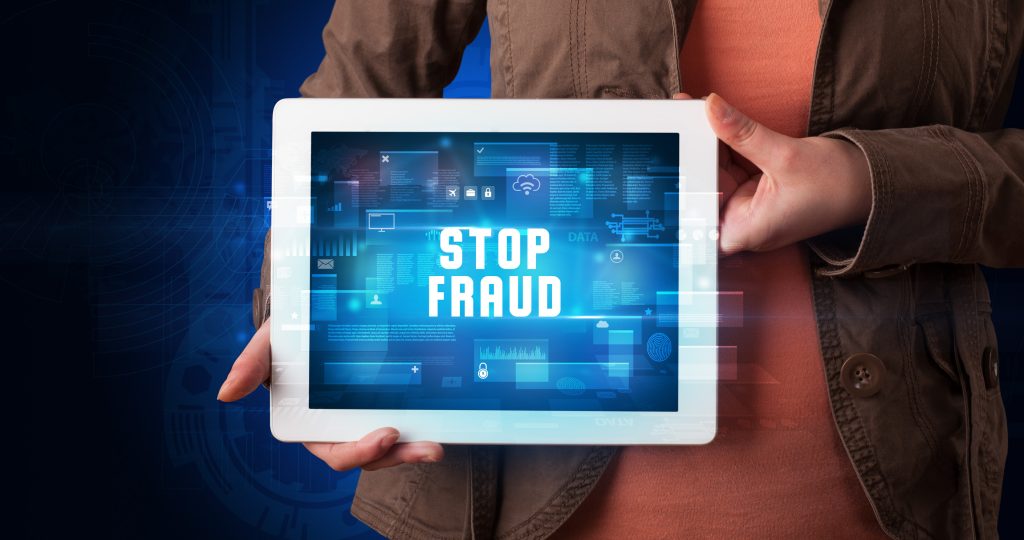
In our personal and professional lives, we often want to help friends, family, or colleagues who are in a tight spot. A small financial “favor” can seem like a harmless act of kindness, a simple way to lend a hand without any ill intent. However, the line between a friendly gesture and a serious crime can be dangerously thin, especially when official documents and financial institutions are involved. Certain actions, even when done with good intentions, can be interpreted by the law as conspiracy, misrepresentation, or outright fraud. Understanding these boundaries is critical to protect yourself from severe legal and financial consequences.
1. Co-Signing a Loan with False Information
When a friend or family member with poor credit asks you to co-sign a loan, you’re already taking a significant financial risk. This risk escalates to potential criminal liability if you knowingly help them fudge the numbers on the application. This could involve inflating your income, omitting your own debts, or falsely stating the borrower’s employment status to help them get approved. While you might see it as just helping them secure a needed loan, a lender sees it as bank fraud. If the loan defaults, not only is your credit ruined, but you could face prosecution for conspiring to defraud a financial institution.
2. Cashing a Check for Someone to Avoid Scrutiny
An acquaintance might ask you to cash a check for them, claiming they don’t have a bank account or lost their ID. This seemingly simple favor can be a classic element of a money laundering or tax evasion scheme. The person may be trying to conceal the source of the funds or avoid reporting the income to the IRS. By depositing the check into your account and giving them the cash, you are helping to obscure the money trail. If the check is fraudulent or tied to criminal activity, you could be implicated in the crime and face serious charges for your role.
3. “Holding” Assets to Help Someone Qualify for Aid
This “favor” often occurs when someone is trying to qualify for means-tested government benefits like Medicaid or student financial aid. They might transfer their assets, such as savings or a car title, into your name temporarily to make their net worth appear lower than it actually is. While the goal is to secure needed assistance, this is a clear case of fraudulent misrepresentation to a government agency. Both you and the person you are helping could be prosecuted for fraud, forced to repay the benefits, and be barred from receiving future aid.
4. Lying About Occupancy for a Mortgage
When buying a home, mortgage lenders offer much better interest rates and terms for a primary residence compared to an investment property. A friend or relative might ask you to help them get a better deal by obtaining a mortgage in your name for a property they will actually live in. You might also be tempted to claim a second home is your primary residence to secure favorable financing. This is mortgage occupancy fraud, a federal offense that can lead to hefty fines and even prison time. Lenders take occupancy status very seriously and have ways to verify who is actually living in the property.
5. Inflating the Value of an Item for Insurance
A friend asks for your help after an item of theirs is lost or stolen, and they want to file an insurance claim. They might ask you, as a supposed expert or the original “seller,” to write a letter or appraisal that wildly inflates the item’s value. You might think you’re just helping them get a fair payout from a large insurance company. However, you are actively participating in insurance fraud, which is a criminal offense. Insurance companies investigate suspicious claims thoroughly and will prosecute all parties involved in a fraudulent scheme.
6. Creating Fake Invoices for a Business Loan
A small business owner you know might be applying for a loan or line of credit and needs to show proof of accounts receivable. They may ask you to create fake invoices from your own business to theirs, making it look like they have more pending revenue than they actually do. You might do this thinking you are just helping a fellow entrepreneur get the capital they need to succeed. But in reality, you are creating fraudulent documents to deceive a lender, which is a serious crime. If the business defaults on the loan, investigators will scrutinize those invoices, and you could be charged alongside the business owner.
A Favor Too Far
What may begin as a well-intentioned effort to help someone can quickly spiral into a legal nightmare. The common thread in these dangerous “favors” is dishonesty involving official documents, financial institutions, or government agencies. Before you agree to help someone with a financial matter, ask yourself if it requires you to bend the truth or misrepresent facts. True help never involves putting your own financial freedom and reputation on the line. It’s crucial to recognize that participating in any act that involves deception for financial gain isn’t a favor—it’s fraud.
Have you ever been asked to do a financial “favor” that made you feel uncomfortable?
Read More:
7 Financial Habits That Can Lead to Wealth
9 Financial Habits Passed Down from Parents That Are Financially Damaging Today
The post 6 Financial “Favors” That Can Be Prosecuted as Fraud appeared first on Budget and the Bees.







